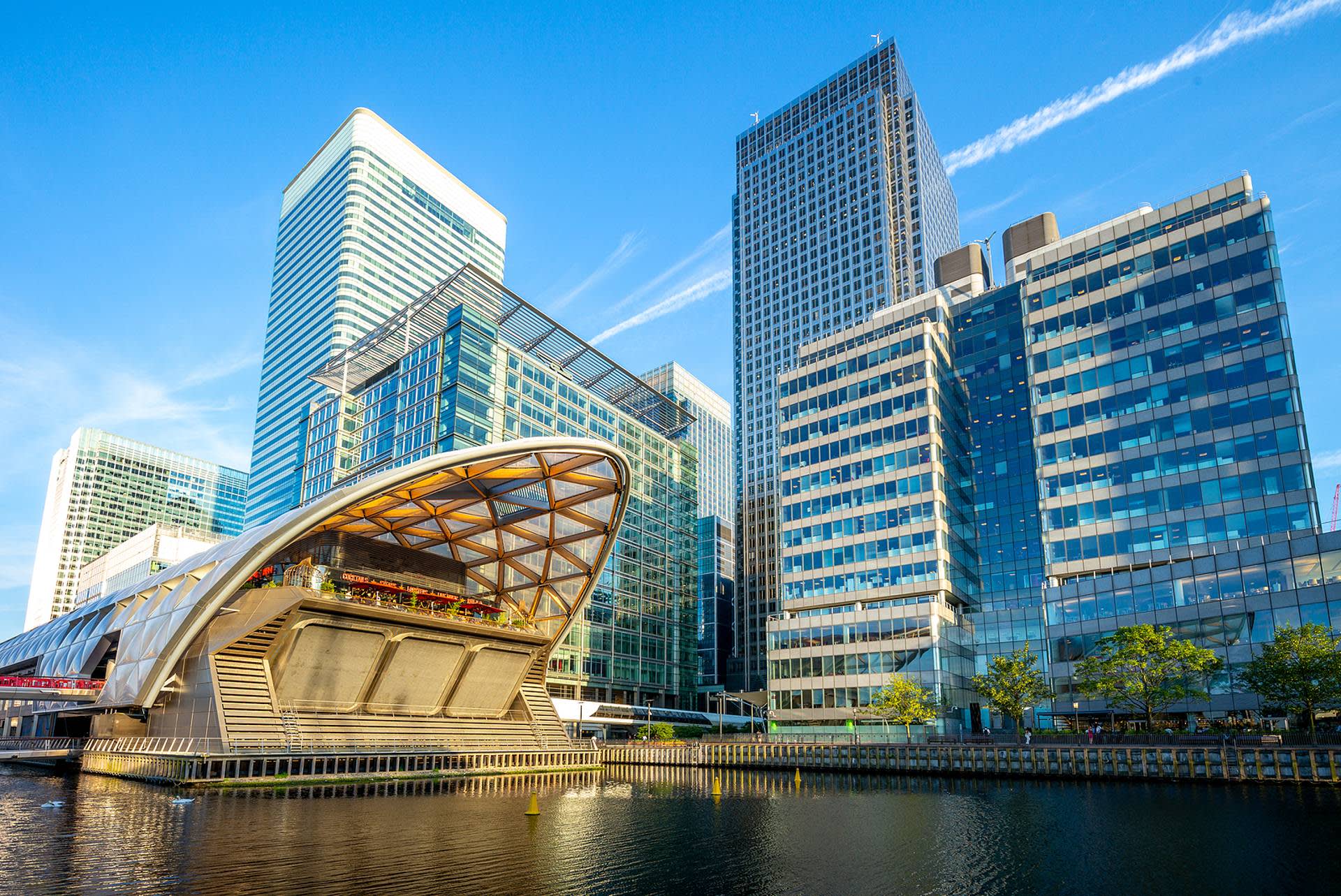Lessons from COP26: 5 steps businesses can take to help tackle climate change
COP26, this year’s United Nations’ climate summit in Glasgow, marks the most significant diplomatic moment this decade in the campaign to tackle global climate change.
Past events include COP21 in 2015, when the Paris Agreement was signed – enshrining the target of limiting global warming to “well below” 2 and preferably to 1.5 degrees Celsius, compared to pre-industrial levels.
At this year’s event, however, the pace of global change is called into question. Experts are concerned that the world is not currently on track to meet the goals of the Paris Agreement.

In a recent report, UN agency the World Meteorological Organization warned that greenhouse gases (GHG) in the atmosphere reached record levels in 2020. The agency found that last year GHG emissions increased at an annual rate that exceeded the average for the 2011-2020 period.
While COP26 brings together world leaders to address this challenge on a global scale, it remains clear that organisations of all sizes must make their own commitments to tackling climate change.
This is paramount for businesses, not only for environmental reasons, but to ready themselves for a future that may mandate lower emissions and greater energy efficiency.
Are you ready for change? Here are five steps your business can take towards becoming a net zero organisation:
Join the Race to Zero
COP26 president Alok Sharma has called for businesses to join the Race to Zero campaign, which commits signatories to science-based carbon reduction targets. The campaign has more than 2,000 signatories so far, including Drax.
The objective is to build momentum for a decarbonised economy and send a clear signal to governments that businesses are united in meeting the Paris Agreement goals. Businesses that submit a Race to Zero partner application must pledge to reach net zero within a year of joining and set out the actions they will take to achieve this.
Set an emissions reduction target
Organisations need tangible targets to work towards that go beyond just the high-level concept of Net Zero. The Science-Based Targets initiative (SBTi) is an organisation that uses science-led targets to outline how much companies need to reduce their emissions by to help mitigate climate change – and the timeframe in which it should be achieved.
SBTi offers a range of target-setting resources and guidance for organisations and independently assesses and validates those targets. The SBTi works with businesses from a cross-section of industries, in some cases offering sector-specific solutions.
Follow financial reporting recommendations
The Task Force on Climate-related Financial Disclosures (TCFD) was established to provide access to information that will improve companies’ and investors’ understanding of the financial effects of climate change.
The objective is to enable solutions that help financial markets prepare for and respond to those impacts. In 2017, TFCD released a set of recommendations to support companies in reporting the potential financial impacts of climate change on their business.
Since then, nearly 1,500 businesses around the world have expressed their support for the framework. This includes Drax, which is committed to the disclosure of climate change risks and opportunities in line with TCFD recommendations.
Switch to renewable source electricity
While many businesses are already reducing their carbon emissions, the global RE100 initiative goes a step further. RE100 commits companies to using 100% renewable electricity by 2050, with the average target date for businesses signed up to the initiative currently being 2028.
As well as considering the sustainability credentials of an energy provider, it’s also worth looking at the supplier’s services and customer support.
The ideal is to find an energy supplier that can not only provide your business with renewable electricity, but that understands your electric assets and energy needs. At Drax we work in partnership with our customers – collaborating to find solutions that reflect the priorities of their business.
Move to electric vehicles
Making the transition to electric vehicles (EVs) is a key part of allowing the UK to meet its objective of being a net zero nation by 2050.
The UK government’s ban on the sale of all new petrol and diesel cars after 2030 has given businesses an added incentive to start the switch to an EV fleet.
Beyond environmental incentives to go electric, there is also a business case to be made. Over time, EVs can significantly reduce your business’s energy and car maintenance costs.
Drax’s Electric Vehicles team can help your business navigate the transition from petrol and diesel vehicles to EVs, reducing both cost and emissions. Tools such as Drax’s My Electric Vehicles portal, can help manage your electric fleets and support a smooth transition to EVs.
As COP26 highlights, the globe is at a turning point when it comes to tackling climate change, reducing greenhouse gas emissions, and addressing global warming.
Drax’s renewable electricity and services can support our customers in their efforts to reduce emissions and achieve net zero.
Find out how we can help your business prepare for the future.
Contact us
